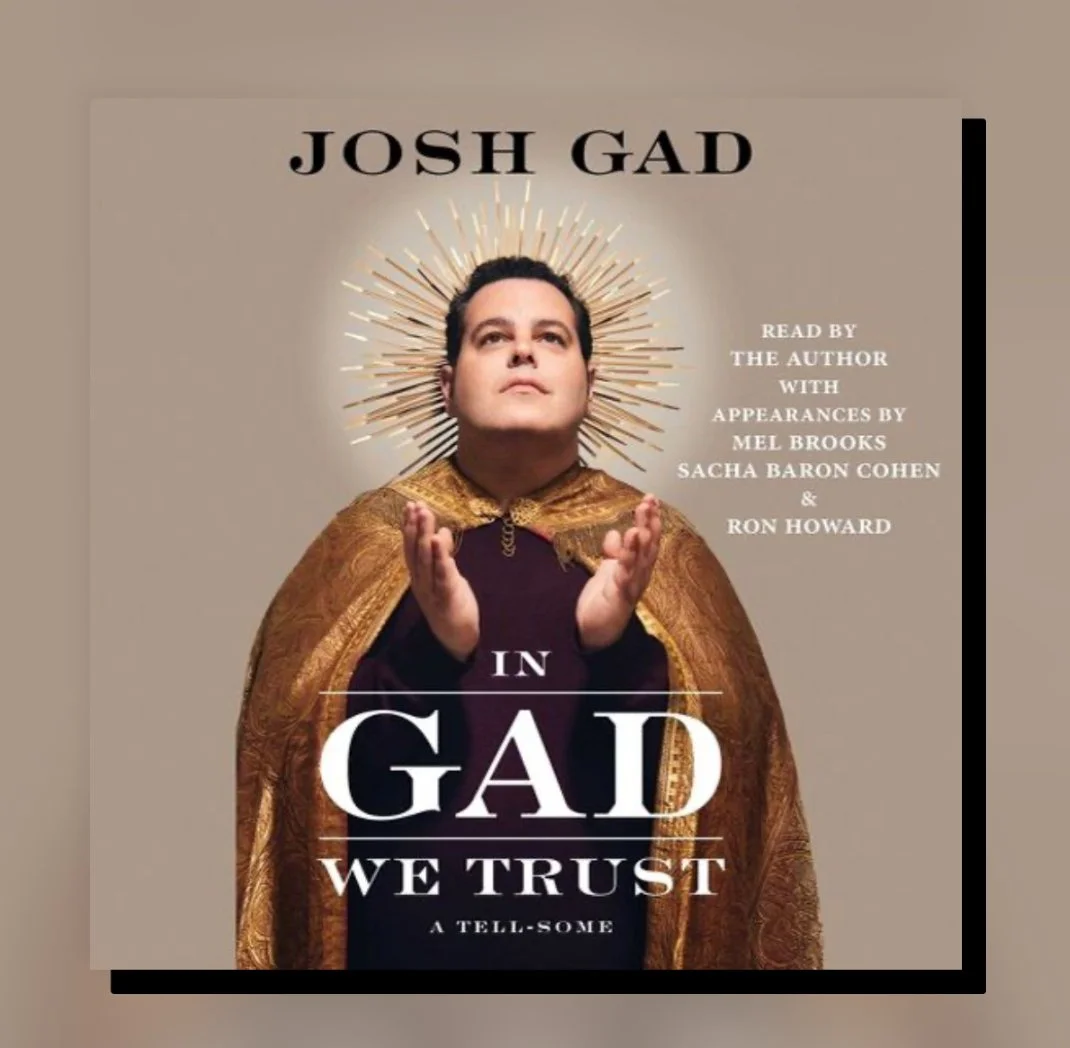Never Enough: The Neuroscience and Experience of Addiction (2019) by Judith Grisel, PhD
Judith Grisel shares her own journey from addiction to a PhD in behavioral neuroscience with a goal to “cure addiction”. While she actively admits that she is no closer to identifying a cure after 20 years of research, she has learned a lot about contributing factors and traits that may lead to an outcome of addiction, as well as a clear understanding of what addictive substances do to the brain. Ultimately, while appreciating all of the information her research has illuminated, she posits that the “cure” may not be found by looking solely at the brain, may not be contained in a vaccine or a pill, nor the result of a specific personality type or genetic predisposition. Rather, Grisel encourages us to find the answer by humbly acknowledging the role we all play in reinforcing the pattern of addiction and the need to desperate attempt to escape suffering in the creation of social and cultural norms that create harm and suffering by way of limiting the values of diversity, empathy, and connection; and going on to remind us that “we are really all in this together”
How did I hear about this book: I do believe I heard other colleagues recommend it via a local networking social media group.
Would I recommend it to colleagues: Absolutely
Would I recommend it to clients: Absolutely. I even brought it up during one of my therapy groups the other day.
How do I apply this content to my work: As an addictions counselor, the neuroscience and pharmacological information supported by Grisel’s research is incredibly important. It reminded me of “Uppers, Downers…” book I read as part of my licensure coursework. That being said, I am incredibly appreciative of the discussion about the value of community and connection in supporting a “cure”. I fully understand the significant role this plays in the success of peer support groups and the group/community setup of residential treatment centers. That being said, I also appreciate that the underlying message here is that everyone is playing a role in enabling the epidemic of addiction in our society, whether or not they have ever picked up a drink or a drug. This is a message that is paralleled in the family education group I facilitate as well. Comparably, I think it speaks to the unhealthy qualities that have developed in our society and culture that are also reflected in books like Braiding Sweetgrass, When the Body Says No, and The Myth of Normal. Addiction is not (solely) an individual issue, but needs to be seen and addressed as a symptom of a larger cultural dis-ease that we as a collective need to face with humility and accountability. And the healing, much like what is presented in the Polyvagal Theory, may largely lie in fostering community and valuing connection.
If you or someone you love is struggling with addiction, and you’d like to initiate your own healing from the lens of fostering connection (and you live in Washington State), contact me and let’s schedule a free 15-minute consultation.




